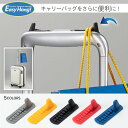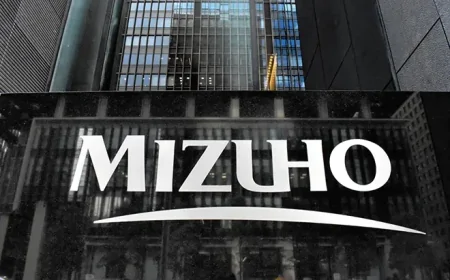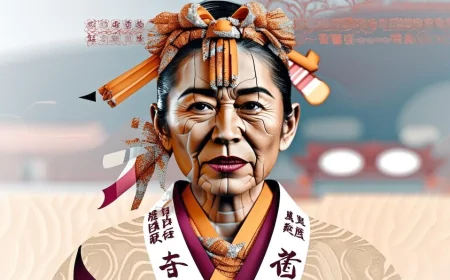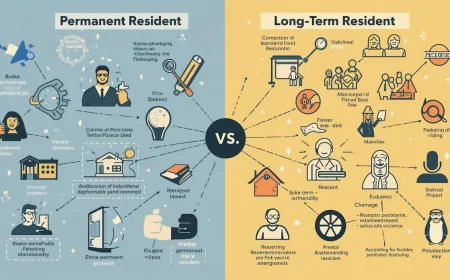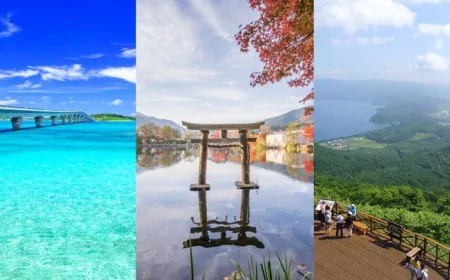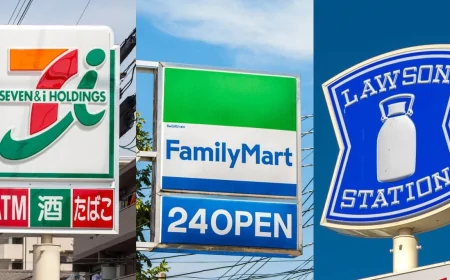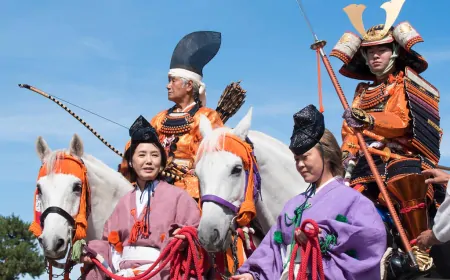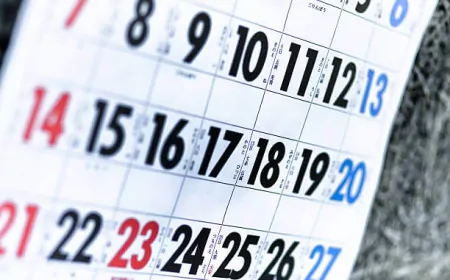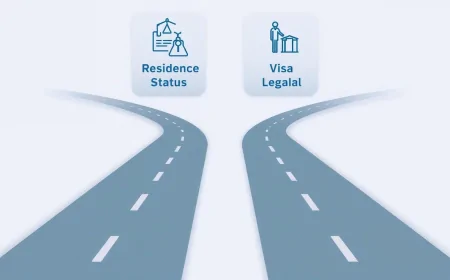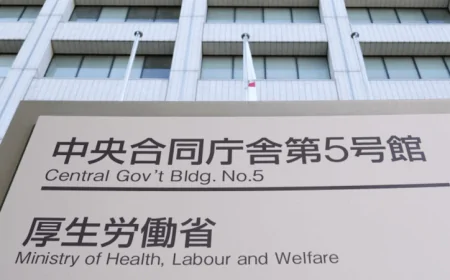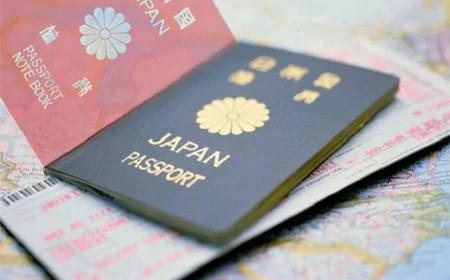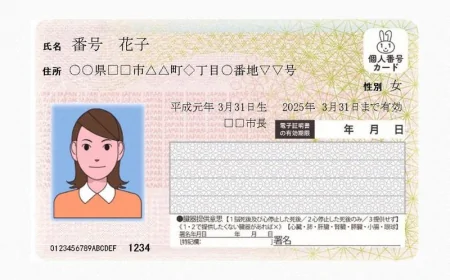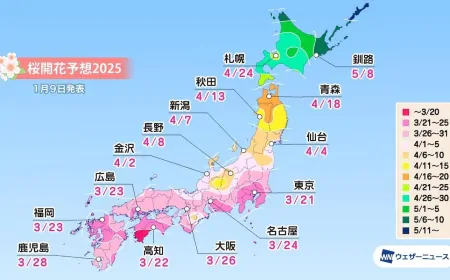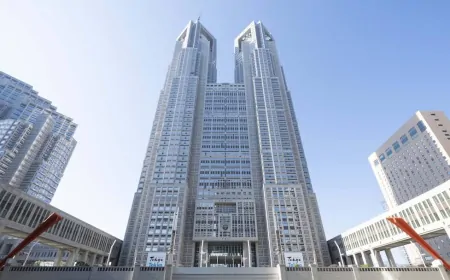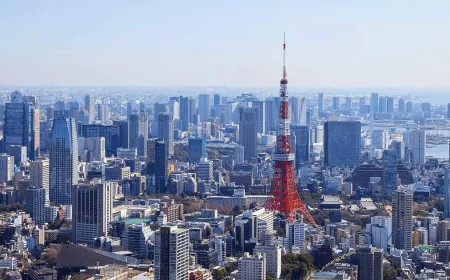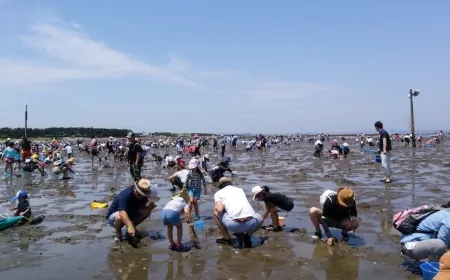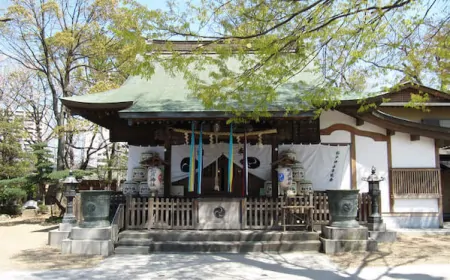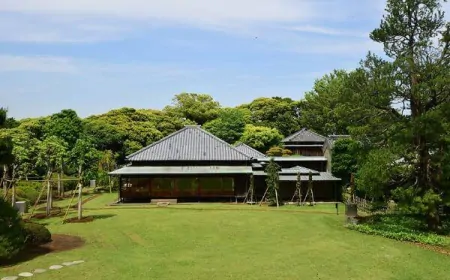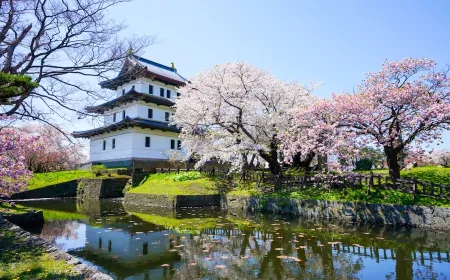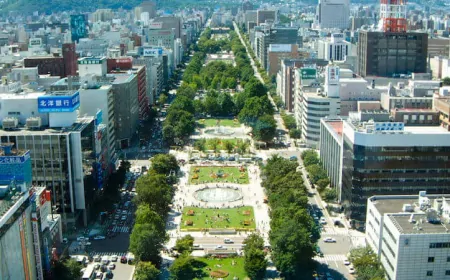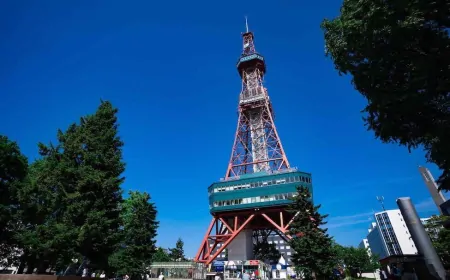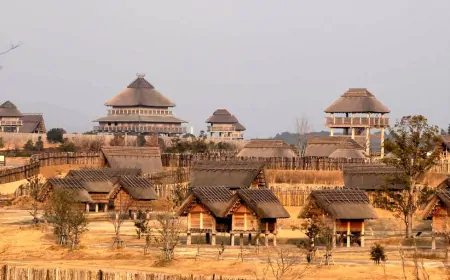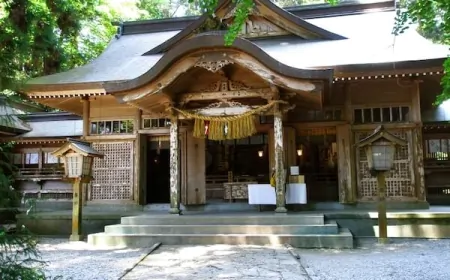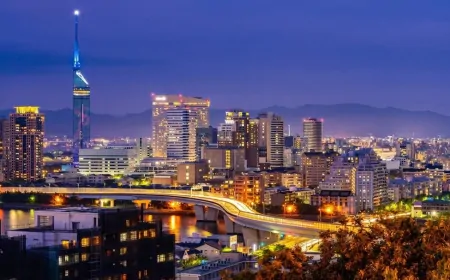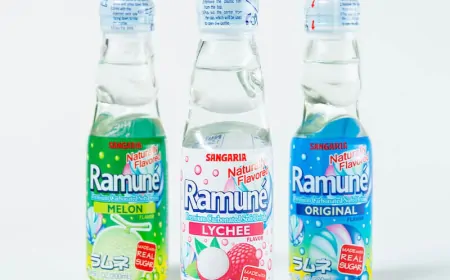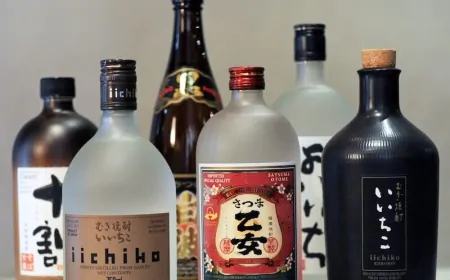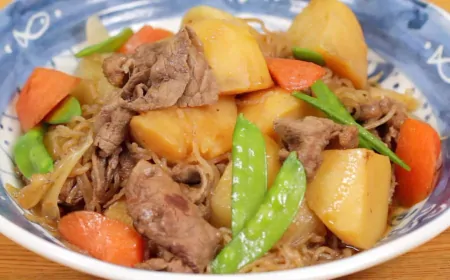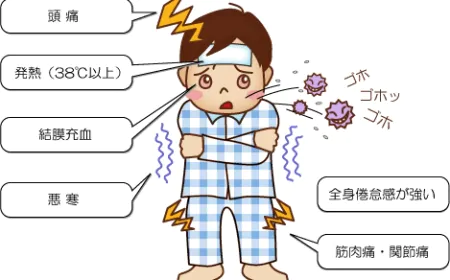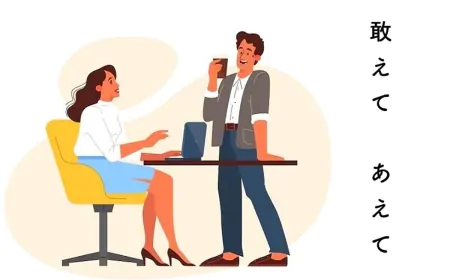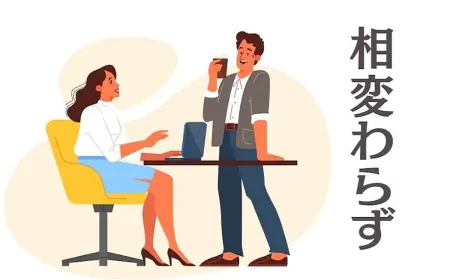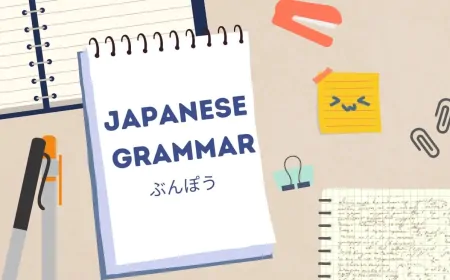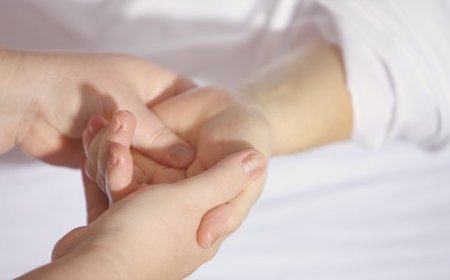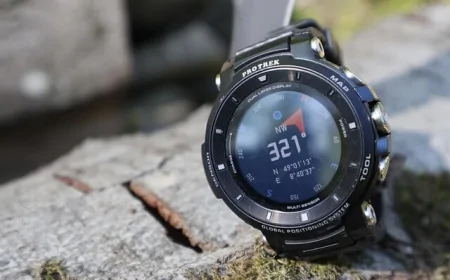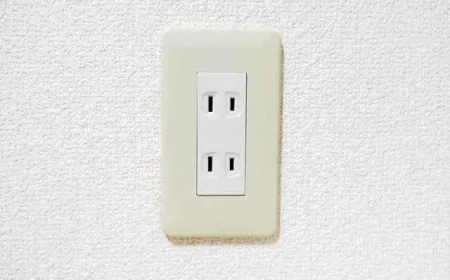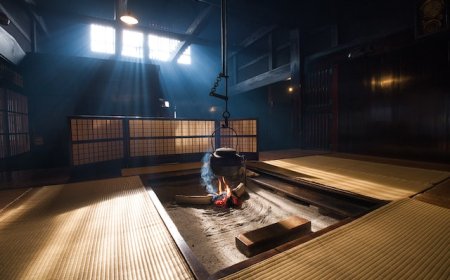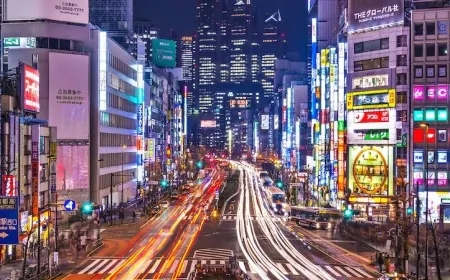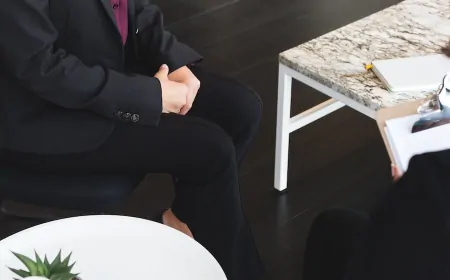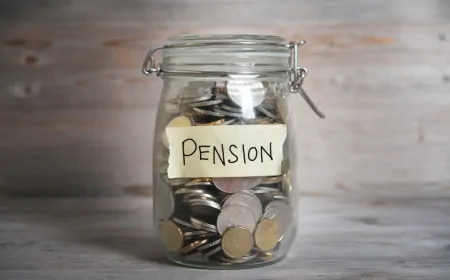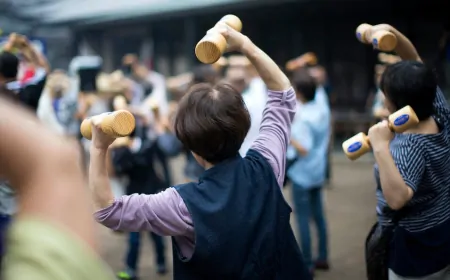Public health insurance in Japan
In Japan, public health insurance is a mandatory program that provides healthcare coverage to all residents.

It is known as the National Health Insurance (NHI) system, and it is operated by local governments in each prefecture.
The NHI system covers a wide range of medical services, including hospitalization, outpatient treatment, and prescription medication. It also covers preventive services, such as regular health check-ups and vaccinations.
The cost of the NHI program is shared between the government, employers, and individuals. Employers and employees each contribute a portion of the employee's salary, while the government subsidizes the program to cover the costs of those who cannot afford to pay.
The fees for the NHI system are based on income, with lower-income earners paying a lower percentage of their income towards the program. Those who are unemployed or cannot afford to pay the fees can apply for assistance.
Overall, Japan's public health insurance system is highly regarded and is credited with helping to maintain the country's high life expectancy and low infant mortality rates. However, some critics have raised concerns about the financial sustainability of the system as Japan's population ages and healthcare costs continue to rise.
There are 3 types of insurance as follows:
1. Health insurance at work
- Employees working at companies are obliged to participate in health insurance. The employee's family members currently living in Japan can also participate in this insurance. To find out if you and your family are eligible for health insurance, please discuss the details with your company.
- Insurance participation procedures will be carried out by the company.
- The premium is different depending on the salary of each person and is paid monthly. Of which, half of the insurance amount will be paid by the company.
Expenses will be paid when participating in medical examination and treatment
- Under 6 years old (before entering primary school): 20%
- Under 70 years old: 30%
- From 70 years old to 74 years old: 20% (people with income equivalent to working people will bear 30%)
2. National health insurance
- Those who cannot participate in health insurance at work can join the national health insurance scheme. To participate in the national health insurance regime, please register at the administrative office of the commune, ward, district or city where you live.
- Premiums are determined based on income level and number of participants.
- If you have difficulty paying the insurance premium, please contact the nearest commune, ward, district or city administrative agency for assistance.
Expenses will be paid when participating in medical examination and treatment
- Under 6 years old (before entering primary school): 20%
- Under 70 years old: 30%
- From 70 years old to 74 years old: 20% (people with income equivalent to working people will bear 30%)
3. Health insurance for the elderly
- Participants are people 75 years of age and older. To join the health insurance scheme for the elderly, please register with the nearest commune, ward, district or city administrative agency. After participating in the health insurance for the elderly, other health insurance plans previously enrolled will be canceled.
- The premium is different according to the income level.
Expenses will be paid when participating in medical examination and treatment
- 10% (people with income equivalent to working people will bear 30%)
記事に関連する商品





